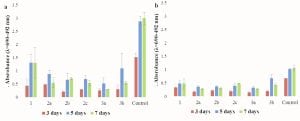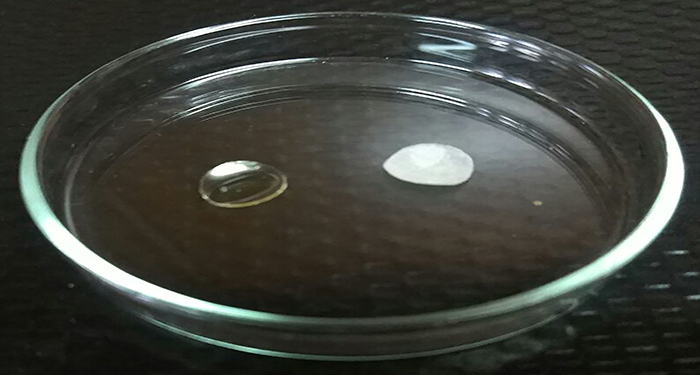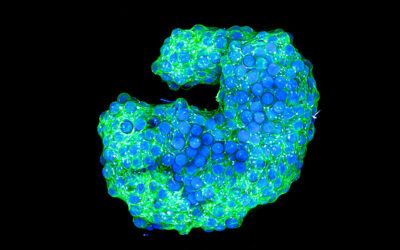Recently, biodegradable elastomers have been an intense topic of investigation for their potential in soft tissue engineering and biomedical applications. Specifically, these elastomers are considered a better alternative to traditional thermoplastics, such as poly-(lactic-co-glycolic acid) or PGA, because of their ability to support the host tissue mechanically without causing any irritation at the site of implantation. These materials show promise for biomedical devices and implants or even for drug delivery systems, but this potential has not yet been widely investigated.
In their work published in the Journal of Polymer Science Part A: Polymer Chemistry, Lucila Navarro and colleagues focused on a family of new elastomers that are hyperbranched, a term referring to their structure. The family synthesized in this study is based on pentaerythritol and adipic acid, and is intended for site-specific delivery of the tumor-fighting drug Paclitaxel (PTX). Site-specific delivery would prevent the system-wide symptoms often seen in traditional intravenous chemotherapy, and would also help in terms of timing the administration of the drug.

This figure shows the growth of cancer cells over three, five, and seven days of exposure to (a) elastomers only and (b) elastomers carrying PTX. The elastomers alone show cancer cell fighting properties, a behavior that is further enhanced by the addition of PTX
Polymeric drug-eluting systems have shown improvements in the efficacy of anti-tumor drugs (like PTX), but there are limitations as these systems currently exist. The existing delivery systems are highly complex to prepare and include compounds that could negatively impact the host tissue they interact with.
The new elastomers in this work are prepared in a two-step procedure and do not require the use of any toxic compounds that would negatively impact the host tissue. Further, the research found that the elastomers combined with the PTX reduced cancer cell viability. This shows potential for controlling tumor growth through the long-term targeted release of PTX.

















